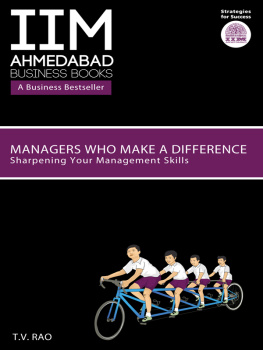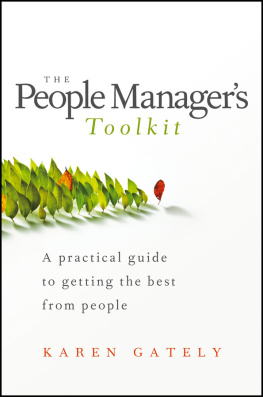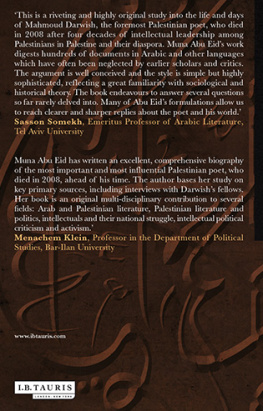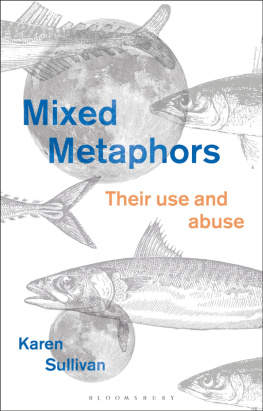F. Muna - Seven Metaphors on Management: Tools for Managers in the Arab World
Here you can read online F. Muna - Seven Metaphors on Management: Tools for Managers in the Arab World full text of the book (entire story) in english for free. Download pdf and epub, get meaning, cover and reviews about this ebook. year: 2017, publisher: Routledge, genre: Home and family. Description of the work, (preface) as well as reviews are available. Best literature library LitArk.com created for fans of good reading and offers a wide selection of genres:
Romance novel
Science fiction
Adventure
Detective
Science
History
Home and family
Prose
Art
Politics
Computer
Non-fiction
Religion
Business
Children
Humor
Choose a favorite category and find really read worthwhile books. Enjoy immersion in the world of imagination, feel the emotions of the characters or learn something new for yourself, make an fascinating discovery.

- Book:Seven Metaphors on Management: Tools for Managers in the Arab World
- Author:
- Publisher:Routledge
- Genre:
- Year:2017
- Rating:4 / 5
- Favourites:Add to favourites
- Your mark:
- 80
- 1
- 2
- 3
- 4
- 5
Seven Metaphors on Management: Tools for Managers in the Arab World: summary, description and annotation
We offer to read an annotation, description, summary or preface (depends on what the author of the book "Seven Metaphors on Management: Tools for Managers in the Arab World" wrote himself). If you haven't found the necessary information about the book — write in the comments, we will try to find it.
F. Muna: author's other books
Who wrote Seven Metaphors on Management: Tools for Managers in the Arab World? Find out the surname, the name of the author of the book and a list of all author's works by series.
Seven Metaphors on Management: Tools for Managers in the Arab World — read online for free the complete book (whole text) full work
Below is the text of the book, divided by pages. System saving the place of the last page read, allows you to conveniently read the book "Seven Metaphors on Management: Tools for Managers in the Arab World" online for free, without having to search again every time where you left off. Put a bookmark, and you can go to the page where you finished reading at any time.
Font size:
Interval:
Bookmark:

Chairman and Chief Executive Officer,
Occidental Petroleum Corporation
Professor of Organizational Behaviour and Diversity Management,
Cranfield School of Management, Cranfield University, England
A founder of Meirc Training & Consulting
Vice Chairman and Managing Director,
Qatar Liquefied Gas Company, Qatar
My first manager, Lloyd Wickstrom
My mentor, Simon Siksek

2 Park Square, Milton Park, Abingdon, Oxon, OX14 4RN
711 Third Avenue, New York, NY 10017
Product or corporate names may be trademarks or registered trademarks, and are used only for identification and explanation without intent to infringe.
The publisher has gone to great lengths to ensure the quality of this reprint but points out that some imperfections in the original copies may be apparent.
The publisher has made every effort to trace copyright holders and welcomes correspondence from those they have been unable to contact.
- i
Dana Point, California
November 2002
(They taught me all I knew);
Their names were What and Why and When
And How and Where and Who .
Font size:
Interval:
Bookmark:
Similar books «Seven Metaphors on Management: Tools for Managers in the Arab World»
Look at similar books to Seven Metaphors on Management: Tools for Managers in the Arab World. We have selected literature similar in name and meaning in the hope of providing readers with more options to find new, interesting, not yet read works.
Discussion, reviews of the book Seven Metaphors on Management: Tools for Managers in the Arab World and just readers' own opinions. Leave your comments, write what you think about the work, its meaning or the main characters. Specify what exactly you liked and what you didn't like, and why you think so.








